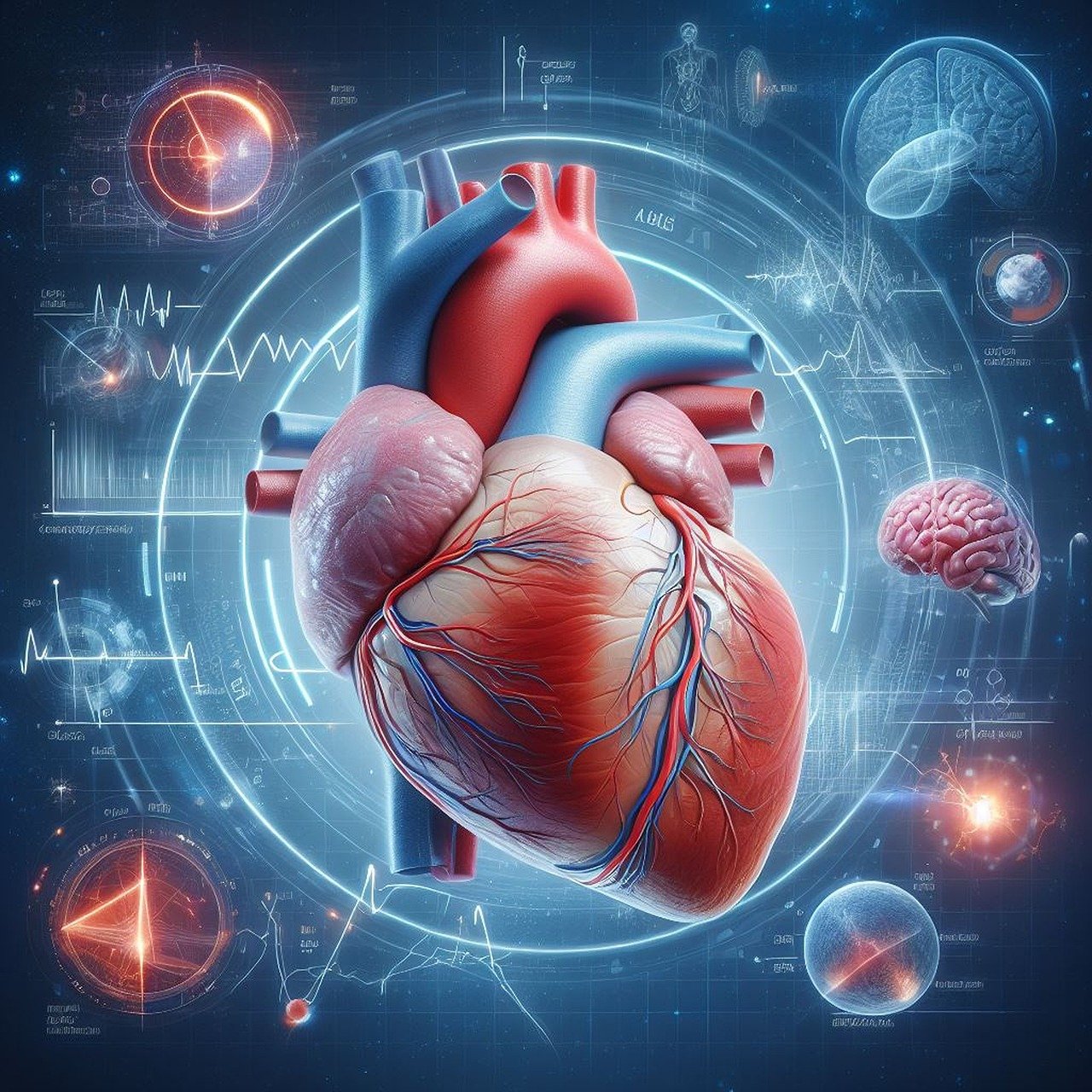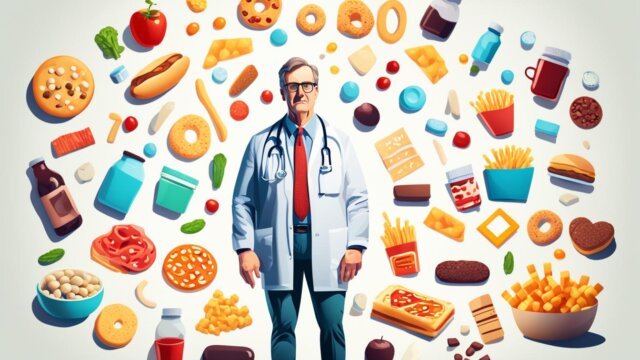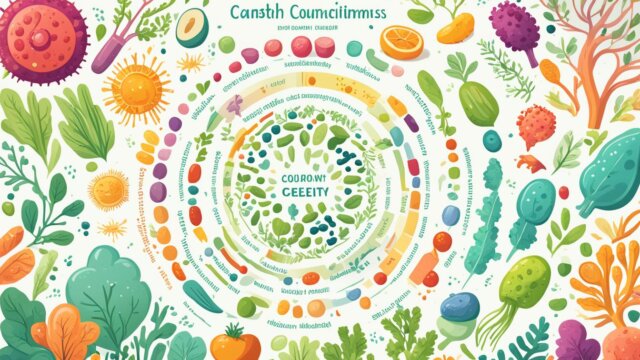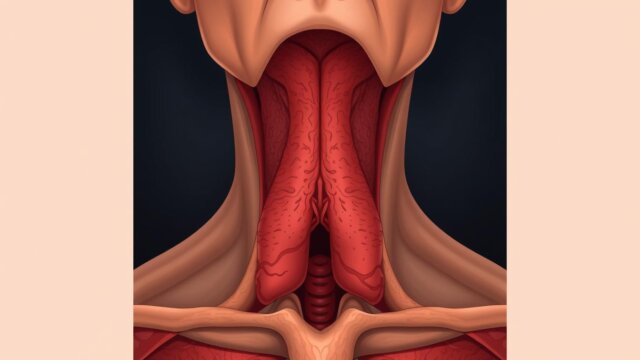FTC disclaimer: This post may contains affiliate links and we will be compensated if you click on a link and make a purchase.
Did you know that heart and blood vessel diseases kill nearly one in four Americans? These serious conditions are a big worry for public health. Almost half of all U.S. adults have some heart disease. But catching these diseases early and treating them can really help. Knowing the types, causes, symptoms, and treatments is key to keeping your heart healthy and avoiding big problems.
Key Takeaways
- Cardiovascular diseases are a leading cause of death in the U.S., affecting nearly half of all adults.
- Common types of CVDs include coronary artery disease, arrhythmia, heart failure, and congenital heart defects.
- Risk factors for CVDs include age, gender, existing health conditions, lifestyle choices, and family history.
- Symptoms of CVDs can include chest pain, shortness of breath, and fatigue, though some may present minimal or no symptoms.
- Early diagnosis through tests like ECGs and cardiac imaging is key for effective treatment, which may involve lifestyle changes, medications, and/or surgical procedures.
What are Cardiovascular Diseases?
Definition and Overview of Cardiovascular Diseases
Cardiovascular diseases (CVDs) are disorders that affect the heart and blood vessels. They include heart attacks, strokes, and heart rhythm issues. These diseases happen when fatty deposits build up in arteries, blocking blood flow.
CVDs are a big health issue worldwide. In 2016, they caused about 17.9 million deaths, which was 31% of all early deaths. By 2030, it’s thought that 23.6 million people will die from CVD each year.
Living a healthy life can help prevent CVD. But things like high blood pressure, smoking, and diabetes can make CVD more likely. Knowing about cardiovascular diseases is key to fighting this big health problem.
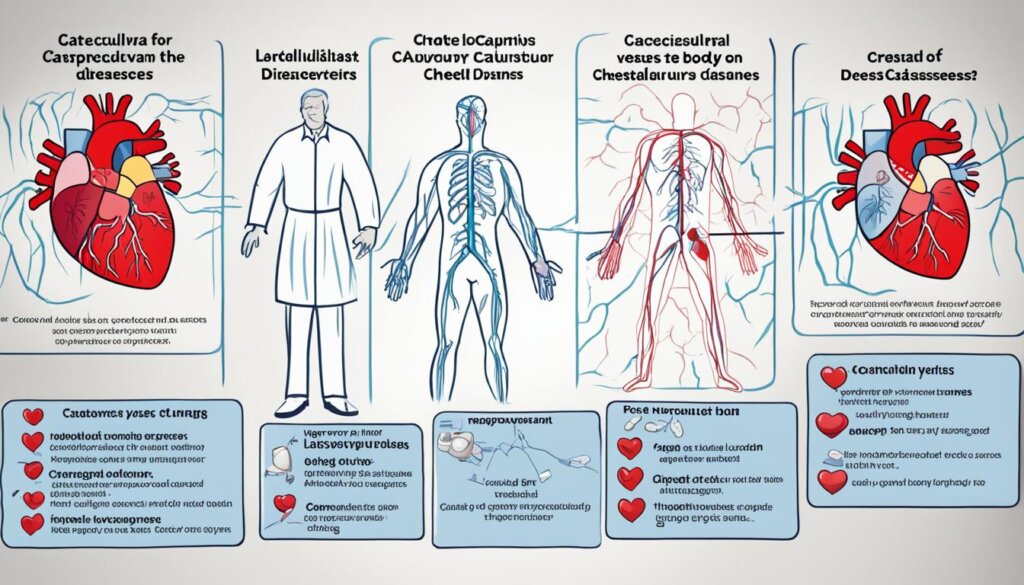
“Cardiovascular diseases are a leading cause of death and disability worldwide, but many of these conditions can be prevented through a healthy lifestyle.”
Types of Cardiovascular Diseases
Cardiovascular diseases (CVDs) are many and affect the heart and blood vessels. They include coronary artery disease, arrhythmia, heart failure, and more.
Coronary Artery Disease
Coronary artery disease is a top heart disease. It happens when plaque builds up in the arteries. This can cause chest pain and increase the risk of a heart attack.
Arrhythmia
Arrhythmia occurs when the heart beats in an odd way, such as too slowly or too fast. Bradycardia and tachycardia are types of arrhythmia.
Heart Failure
Heart failure means the heart can’t pump blood well. It has many symptoms and can come from high blood pressure or diabetes.
Heart Valve Diseases
Heart valves can get sick and not work properly, causing problems like stenosis and regurgitation. Doctors might use surgery or medicine to help.
Pericardial Diseases
These diseases affect the sac around the heart, called the pericardium. They can cause inflammation or fluid buildup, making it hard for the heart to work right.
Cardiomyopathy
Cardiomyopathy makes the heart muscle weak or stiff. This can lead to heart failure.
Congenital Heart Defects
These are heart problems that babies are born with. They can be mild or severe and might need treatment.
Knowing about cardiovascular diseases helps us prevent and treat them.

Causes of Cardiovascular Diseases
Cardiovascular diseases, like heart attacks and strokes, are the top causes of death worldwide. It’s key to know what causes and the risks to prevent and manage them.
Risk Factors for Heart Disease
Many things can make someone more likely to get cardiovascular diseases. Things you can’t change, like age, gender, and family history, play a big role. For example, women’s heart disease risk goes up after menopause, and men over 55 are at higher risk.
But, you can change some risk factors with lifestyle changes. High blood pressure, high cholesterol, diabetes, not moving enough, being overweight, smoking, and stress are all things you can work on. In the U.S., about 47% of people have at least one big risk factor for heart disease.
Lifestyle Factors Contributing to Heart Disease
Bad lifestyle choices can also lead to heart disease. Eating poorly, not moving enough, and smoking are big risks. Not being active is a big risk for heart disease, and eating too much bad fat can raise your cholesterol and heart disease risk.
Stress and some mental health issues, like depression, can also increase your heart disease risk. Making healthy choices and managing stress can lower your risk of these diseases.
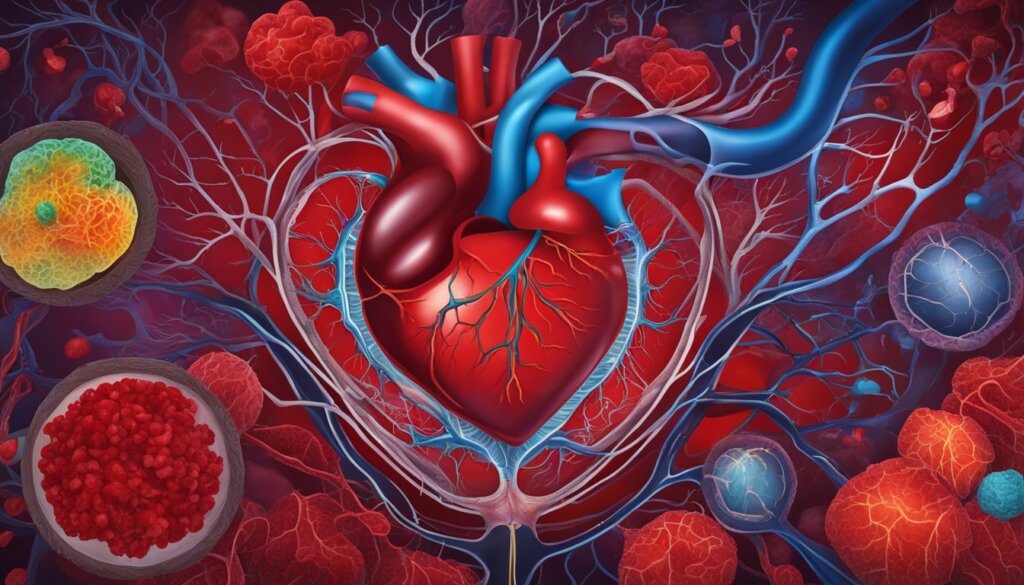
Knowing the causes and risks of cardiovascular diseases helps people take steps to keep their hearts healthy and lower their risk. Regular check-ups, a healthy life, and quick medical help for symptoms are key to preventing and managing these diseases.
Symptoms of Cardiovascular Diseases
Cardiovascular diseases have many symptoms, depending on the heart and blood vessels affected. Chest pain or discomfort, known as angina, is a common symptom of coronary artery disease (CAD), the most prevalent heart disease in the United States. Shortness of breath and extreme fatigue may mean the heart is not pumping well. This could be a sign of heart failure or other heart problems.
Symptoms can be mild or severe and may get worse if not treated. Women, older adults, and individuals with diabetes may experience little to no chest pain, making their symptoms more difficult to recognize. Other common symptoms include irregular heartbeat, leg or abdomen swelling, and trouble with physical activity.
- Chest pain or discomfort (angina)
- Shortness of breath
- Extreme fatigue during activities
- Irregular heartbeat (arrhythmia)
- Swelling in the legs or abdomen
- Difficulty with physical activity
Symptoms can vary greatly, and seeking medical attention is important if you experience any persistent or concerning cardiovascular symptoms. 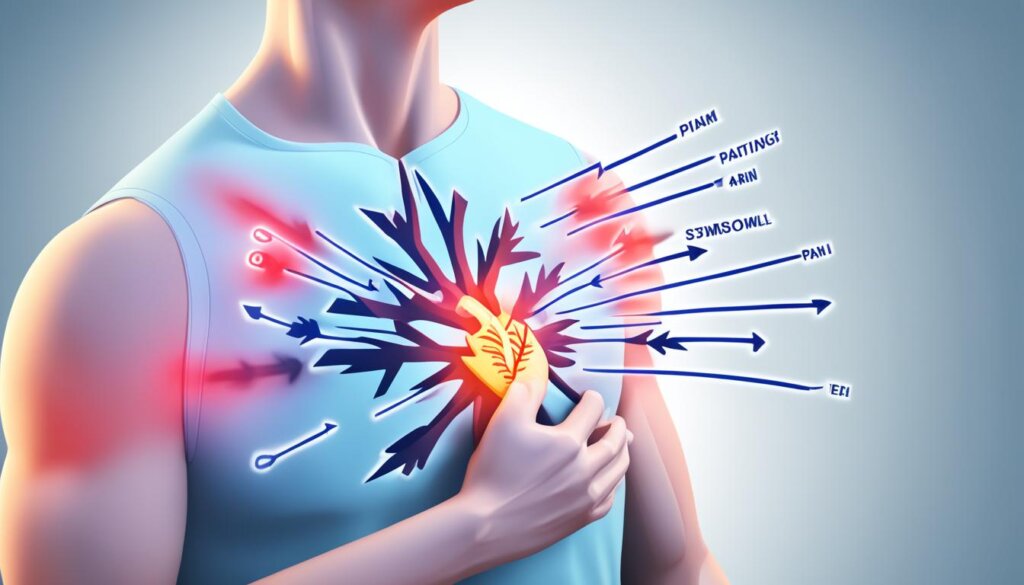
“Recognizing the early warning signs of cardiovascular disease can be the key to timely treatment and better health outcomes.”
It’s key to see a healthcare professional for a proper diagnosis and treatment plan, regardless of symptoms.
Diagnosing Cardiovascular Diseases
Diagnosing heart disease requires a detailed examination of your health and history. Doctors use tests and procedures to determine what’s wrong with your heart and make a plan to help you.
Tests and Procedures for Heart Disease Diagnosis
Doctors use several tests to check for heart diseases:
- An electrocardiogram (ECG or EKG) checks the heart’s electrical activity. It can spot problems like atrial fibrillation or a heart attack.
- An echocardiogram uses ultrasound to visualize the heart’s structure and function, including how well the heart pumps.
- Stress Tests — These measure how the heart performs under stress, such as when you exercise or take certain medicines.
- Cardiac Catheterization: A thin tube is inserted into a blood vessel to examine the heart and arteries and help find blocked arteries.
Doctors might also do blood tests to check your heart health. These tests look at things like your blood count, electrolytes, and how your kidneys and liver work.
For ongoing checks, doctors might use a Holter monitor or event recorder. These devices record your heart’s electrical activity for a long time.
Doctors can discover what’s wrong with your heart by using these tests. They can then make a plan to help you.
Diagnostic Test | Purpose |
|---|---|
Electrocardiogram (ECG/EKG) | Measures the heart’s electrical activity to detect abnormalities |
Echocardiogram | Uses ultrasound to visualize the heart’s structure and function |
Stress Test | Assesses heart performance under physical stress |
Cardiac Catheterization | Examines the heart’s chambers and arteries for blockages |
Checks for indicators of heart health, such as CBC, electrolytes, kidney/liver function, and thyroid hormones | |
Holter Monitor/Event Recorder | Continuously records the heart’s electrical activity for a prolonged period. |
These tests help doctors find out what’s wrong with your heart. They can then make a plan to help you.
Treatments for Cardiovascular Diseases
Managing cardiovascular diseases often means using many ways to help. This can be through lifestyle changes, medicines, or sometimes surgery. Let’s look at these options closely.
Lifestyle Changes for Heart Disease Management
Living a healthy life is key to avoiding heart disease. This means eating foods good for your heart, eating less salt and fat, and eating a balanced diet. Regular exercise like walking, swimming, or biking can also boost your heart health.
Stopping smoking and drinking less alcohol are big steps for better heart health, too.
Medications for Heart Disease Treatment
Doctors may prescribe different medicines for different heart conditions. These can stop blood clots, control heart rate and blood pressure, lower blood pressure, or reduce bad cholesterol. Other medicines might also be used for specific heart issues.
Surgical and Interventional Procedures
For serious heart problems, surgery or procedures might be needed. These can include opening blocked arteries with angioplasty and stents or bypass surgery to improve blood flow. These steps are key to making the heart work better and lowering the risk of heart attacks and strokes.
Doctors can use lifestyle changes, medicines, and surgery to make a full plan to help manage heart diseases. This helps patients stay healthier and feel better.
Cardiovascular Diseases
Cardiovascular diseases are a big worry for many people around the world. They are the top cause of death, leading to over 17 million deaths each year. These diseases can really change how someone lives, causing bad symptoms and serious problems if not treated.
Coronary artery disease is a big part of cardiovascular diseases. A study found that smoking was a big risk factor for heart attacks. Also, most heart disease happens to people with risk factors like high cholesterol, high blood pressure, smoking, and diabetes.
Cardiovascular disease is a big health issue, causing a lot of deaths and costs. In the U.S., it’s one of the top two causes of death, with heart disease being the biggest killer in 2015. Worldwide, it’s the top cause of death, causing about 17.7 million deaths in 2015. It also costs a lot of money, with expected costs of $368 billion by 2035.
Heart disease is still a big risk, with a 50% chance by age 45. It gets more common with age, especially in men at younger ages. Atherosclerosis is the main cause, making blood vessels narrow.
Cardiovascular diseases can show in different ways, from no symptoms to chest pain and brain problems. Some people may have silent heart disease, with no symptoms, but still have blocked arteries.
We must work on preventing and managing these diseases to lessen their effects. By focusing on things we can change, living healthier, and getting early diagnosis and treatment, we can greatly help those affected.
Prevention of Heart Disease
Healthy Lifestyle Habits for Cardiovascular Health
To prevent heart disease, live a healthy life. Eat well, move often, stay healthy, manage stress, and stop smoking. These steps can lower the risk of heart problems and boost your health.
Start with your diet. Cut down on foods with lots of saturated and trans fats, which are bad for your heart. Choose fruits, veggies, whole grains, and lean meats instead. It’s also key to exercise regularly. Try to get 150 minutes of moderate exercise each week, as the Surgeon General suggests.
Keeping a healthy weight is crucial, too. Being overweight or obese raises your risk of heart disease. Stress and sleeping well also help your heart, as they affect heart health.
Stopping smoking is a big step to lower your heart disease risk. Your heart starts to get better just a day after you quit. After a year without smoking, your risk drops by half.
Talking often with your doctor is key to preventing heart disease. They can help manage conditions like high blood cholesterol, high blood pressure, and diabetes. By living healthily, you can protect your heart and lower your risk of heart disease.
Healthy Lifestyle Habit | Benefits for Cardiovascular Health |
|---|---|
Balanced, Nutrient-Rich Diet | Reduces risk of heart disease by lowering cholesterol, blood pressure, and weight |
Regular Physical Activity | It helps control weight, lower blood pressure, and cholesterol, and reduce diabetes risk. |
Maintaining Healthy Weight | Lowers cholesterol, blood pressure, and overall heart disease risk |
Managing Stress | It helps control blood pressure and other risk factors for heart disease |
Smoking Cessation | Significantly reduces the risk of heart disease, with benefits starting within a day. |
Living with Cardiovascular Diseases
Living with a cardiovascular disease is tough, but you can still have a good life. You’ll need to watch your health closely and take steps to manage it. This means talking often with doctors, joining rehab programs, and changing your daily life. These steps help you deal with cardiovascular diseases and live fully.
Doctors suggest 30 minutes of exercise five times a week for those with coronary artery disease. The Mediterranean diet, with lots of fruits, veggies, and fish, is also good. Statins are often given to lower cholesterol and fight atherosclerosis.
Handling heart disease means monitoring your health and talking to doctors. The American Heart Association says 48 percent of U.S. adults had cardiovascular disease as of 2016. Early checks and talks with doctors can help you manage your cardiovascular diseases and maintain a good quality of life.
Even with a cardiovascular disease, you can still live well with the right support and plans. Focus on your health, make lifestyle changes, and work with your healthcare team. This way, you can manage your cardiovascular diseases and boost your health.
Outlook and Prognosis
The outlook for cardiovascular disease patients depends on the condition, its severity, and treatment success. Early detection and proper care can greatly improve outcomes and lower the risk of complications. Some diseases may worsen, and ongoing care is needed to manage symptoms and slow down the disease.
Studies show that over half of those with congestive heart failure (CHF) live for 5 years after diagnosis, and about 35% make it to 10 years. Treatments like medicines, diuretics, and surgeries help manage CHF and improve life expectancy. Healthy lifestyle changes, like eating right, exercising, controlling fluids, and managing weight, also help.
Research finds that feeling good mentally can lower the risk of going back to the hospital or dying from heart disease. Being happy can lead to better physical activity, sticking to your meds, sleeping well, and not smoking for those with heart disease. Feeling in control and aging well can also reduce the risk of death in older people.
The outlook and prognosis for cardiovascular diseases vary greatly from person to person. It’s key to monitor your health and follow your doctor’s advice. Working with doctors and sticking to your treatment plan can make a big difference in your life.
Positive mental health is also key to fighting cardiovascular diseases. Staying positive, doing things that reduce stress, and having good friends can all help your heart health and slow down disease progression.
“Positive psychological health was linked to stroke risk reduction and emotional vitality benefits in terms of cardiovascular health.”
The outlook and prognosis for cardiovascular diseases depend on medical care, lifestyle, and mental health. By working with doctors and making healthy choices, people with heart diseases can get better and live better lives.
Raising Awareness for Cardiovascular Diseases
Talking about cardiovascular diseases is key to fighting them. We need public education, outreach by healthcare providers, and community efforts. These can teach people about risks, signs, and treatments for heart issues. Knowing more can help people protect their heart health and get help when needed.
Heart disease is the top cause of death worldwide, killing one in four people. It’s worse than all cancers combined. In the U.S., over 326,000 people have heart attacks outside hospitals each year. Staying active is key to preventing heart disease.
Events like National Wear Red Day and American Heart Month help spread the word. National Wear Red Day focuses on heart health, especially for women. American Heart Month promotes heart health awareness every February.
Even with these efforts, heart disease is still a big problem. It’s the top cause of death for both men and women in the U.S., killing over 300,000 women a year. Awareness among U.S. women dropped from 65% in 2009 to about 44% in 2019. About 75% of women aged 20-39 have risk factors like diabetes, high blood pressure, or being overweight. Women may also have symptoms like chest pain, heart racing, or feeling very tired.
The NHLBI’s The Heart Truth® program doubled awareness in women ages 40-60 by 2002. The NHLBI continues to work to inform women about heart disease through National Wear Red Day® and American Heart Month.
Cardiovascular diseases affect millions globally. Heart disease kills over 650,000 people in the U.S. each year, making up nearly a quarter of all deaths. Non-Hispanic white men have the highest death rate from heart disease at 24.9%. High cholesterol affects about one in 500 people. Risk factors include high blood pressure, smoking, and being overweight.
By spreading the word and teaching people about cardiovascular diseases, we can help them protect their hearts. This can lead to fewer cases and less suffering.
Cardiovascular Disease Research and Advancements
Researchers are always finding new ways to fight heart disease. They’re looking at new ways to check for problems, make better medicines, and improve surgeries. This work aims to improve heart health.
Since the 1990s, more people have died from high blood pressure. Now, it affects almost half of all adults in the U.S. Scientists are looking at new treatments, like a drug called Zilebesiran. It lowered blood pressure in tests, and higher doses worked even better.
For treating strokes, a new method called endovascular thrombectomy is better than old treatments in many places. This method helped more patients move better on their own. But, some had more brain bleeds.
New imaging tools, like intravascular OCT, are helping doctors during heart procedures. Using OCT during PCI helped with tricky heart blockages, leading to fewer heart problems and deaths.
Research also looks at new ways to treat heart valve issues and congenital heart defects. Many people in the U.S. have heart valve problems each year. Others have mitral regurgitation, which becomes more common with age. Scientists are working hard to understand and treat these issues.
New medicines, such as SGLT2 inhibitors and GLP-1 agonists, are showing promise in fighting heart disease risks. They could greatly improve the lives of those with heart conditions.
As we fight heart diseases, experts are always working to find better ways to diagnose and treat them. There’s a lot of hope for the future of heart medicine. It could change lives for millions.
Conclusion
Cardiovascular diseases are a big health issue, touching the lives of millions globally. CVD is responsible for 30% of all deaths worldwide as of 2001. Most of these deaths happen in low- and middle-income countries. It’s important to know about these diseases’ different types, causes, and signs for early treatment.
By living a healthy life, getting medical help when needed, and keeping up with new heart health research, you can help keep your heart healthy. 90% of heart diseases can be prevented by changing your lifestyle and managing risk factors. More research and awareness are key to better health outcomes and helping those with heart conditions.
The number of people affected by heart disease is going up. By 2030, non-communicable diseases will cause over three-quarters of all deaths, with heart disease being a big part of that. By focusing on heart health and taking action, you can help lessen the effects of these diseases. This will improve the health of people and communities everywhere.
FAQ
What are cardiovascular diseases?
Cardiovascular diseases (CVDs) affect the heart and blood vessels. They include heart attacks, strokes, and heart rhythm issues.
What are the main types of cardiovascular diseases?
The main types include coronary artery disease and heart failure. Other types are arrhythmia and heart valve diseases.
What are the risk factors for developing cardiovascular diseases?
Risk factors include age, gender, and family history. High blood pressure and diabetes also play a part. An unhealthy diet and smoking can increase risk, too.
What are the common symptoms of cardiovascular diseases?
Symptoms include chest pain and shortness of breath. Fatigue and irregular heartbeat are also signs.
How are cardiovascular diseases diagnosed?
Doctors use tests like ECGs and echocardiograms to diagnose. They also look at your medical history.
What are the treatment options for cardiovascular diseases?
Treatments combine lifestyle changes with medications. Surgery or interventional procedures may also be needed.
How can I prevent cardiovascular diseases?
Eat well, exercise regularly, and manage stress. Quitting smoking helps, too.
What is the prognosis for individuals with cardiovascular diseases?
Prognosis varies by condition and treatment success. Early detection and management can improve outcomes.
How can I raise awareness about cardiovascular diseases?
Join public education campaigns and support outreach. Community initiatives can also spread the word about heart diseases.
What are the latest advancements in cardiovascular disease research?
Research is improving our understanding of heart diseases. New tests and treatments are being developed to manage and reverse heart issues.
